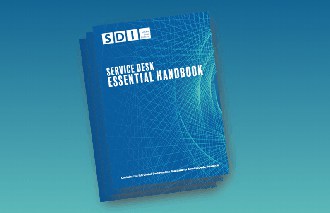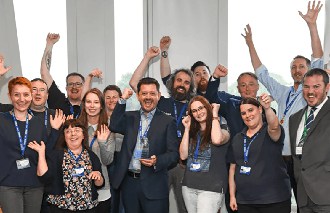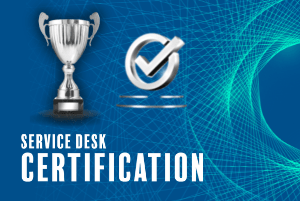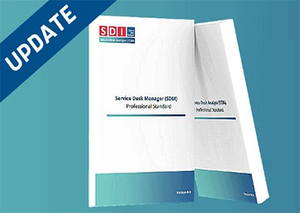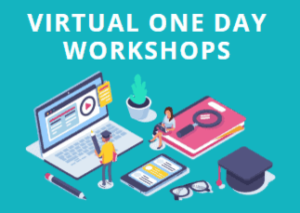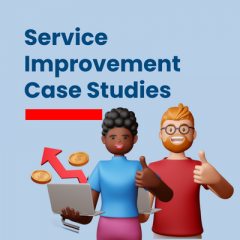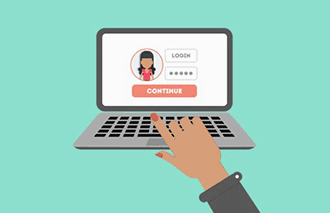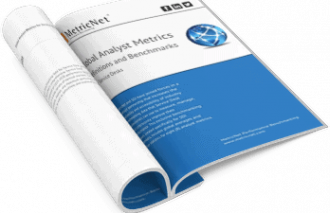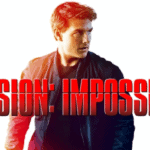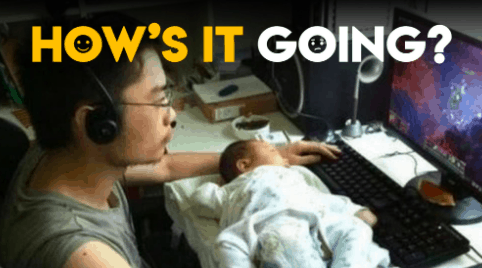
By Zena Everett, Speaker and Coach on Crazy Busy-ness™ and Overwhelm: Do less and get more done.
Keeping your team motivated and close: what people say about panic-working, banana bread, monkey brains and boundaries.
Now that we are in the groove of remote working, our challenge is to maintain motivation, focus and connection.
So what’s working?
Here’s a list of home truths from people I’ve canvassed: take a breather to skim through it and share it with your managers:
Zoom Zombies – virtual meeting management
- Virtual work is exhausting because we have to concentrate much harder to pick up all the non-verbal cues. Reassess the meeting schedule that you put into place at the start of the lockdown and cut back if you can. Ask people what they prefer now, what more they need from you and what can you stop doing. Cap meeting lengths to keep them pacey.
- Separate the well-being meetings from the business ones, otherwise people feel that you are just paying lip-service to the emotional aspects, waiting to get on to the real agenda.
- Zoom socials feel hollow to some of us. Double check if people really want to do them now. When we keep inviting work into home it means the boundaries between the two get fuzzy. It might be kinder to give introverts a break from their screens, or at least make your socials optional.
- One team I work with agree that all videos are on, or all videos are off, at the start of each meeting.
- Don’t expect to have any influence in a meeting if you are the only person staying hidden.
Train your frazzled monkey brain to work more quickly
- Don’t beat yourself up if you struggle to concentrate. The best use I’ve found for Hilary Mantel’s new book is for raising my laptop when the camera is on.
- Our monkey, limbic, brain is working overtime trying to protect us. That’s why we are recalling vivid dreams. You can’t fight this, but you can distract your brain. Work in intense bursts of time, say 45 minutes, setting alarms to start and a timer to stop.
- Avoid procrastination by breaking tasks down into mini-deadlines.
- Monitor your team’s activity and ensure they are having proper breaks. Encourage them to work through their core tasks more efficiently so they get through them in less time and then switch off. That should be the goal here, not pointless presenteeism. Lead by example on this.
- Lunchbreaks are a necessity: make everyone block them out in their calendars. I don’t care if people are working across time-zones: they have to have a proper break to re-energise.
- I print off documents to read them quickly (I know, I know) as paper has less distractions.
- Explain to your team how their performance will be measured during this period, e.g. quality of output, not quantity of emails.
Closer teams are more productive
- If you want your team to stay engaged and motivated give them engaging and motivating work to do.
- What’s the game – changing problem no one ever has had time to fix before – can you start it now?
- Get people collaborating to build team relationships and trust. Set them problems to solve. ‘What can we do to make the greatest impact on our customers during this time?’
- Keep checking in with the progress of the work, not checking up on the workers.
- Practice your coaching and feed-back skills: how’s it going, what are you learning, how did you make that happen, what’s working well for you now?
- Seeing an end result gives us a sense of achievement. That’s why baking is so popular now – people want to see an end result and something they can control.
- Can you translate that drive into work instead: impactful projects, with clear output?
Build your boundaries and don’t panic-work
- Be wary of your own need to add value or justify your salary. You might be less busy than usual, particularly if you have an externally-focused role. Don’t start projects for the sake of it; that creates more work for other people who are still just as busy as before but now with additional responsibilities at home. Either help out your colleagues, write your post-C plan, use this time for personal development or enjoy the strategic thinking time you’ve been fantasising about.
- Do one thing at once. You are either working or supervising home schooling. You can’t do both, that’s guaranteed burnout right there.
- Finally, get those hard boundaries between work and home in whatever way works for you. Put your work clothes on in the morning and get changed into home gear later. One of my client leaves through his front door at the end of the day and comes straight back in through the kitchen door. Makes him feel he’s psychologically finished for the day.
I could go on, but I’ll stop there!
Zena is a keynote speaker at the postponed SDI20 conference for service desk leaders. You can see her speak live at the rescheduled event – date to be announced soon!
Zena is running Crazy Busy™ sessions to keep teams resilient, engaged and productive and improve managers’ feedback skills (so crucial now). Do please get in touch – zena@zenaeverett.com or visit Zena’s website here.
